It has now been five years since Prime Minister Joseph Muscat entered into government with a resounding majority, only to follow it up with a second landslide election last June. However, in today’s ideologically insular society, brought about by social media, it is easy to ascertain two very divisive opinions about Muscat’s government. On the one hand, the country is a paradise bolstered by economic records and social policy, while on the other the government is painted as a corrupt administration suffering from a weakening sense of accountability and a democratic deficit. Julian Bonnici examines five positive initiatives realised under Muscat’s government, and five flaws that the administration needs to remedy.
THE WHITE

Civil liberties
Muscat’s administration has been a trail-blazer when it comes to civil liberties and progressive policies. With the introduction of same-sex marriage and adoption, along with the rights granted to the entire LGBT community, the still staunchly Catholic Malta has gone from being one of two countries in the world that did not permit divorce to a beacon for liberal and exclusionary values on the global stage.
Another milestone recently introduced was the Vote 16, spearheaded by PS Julia Farrugia Portelli.
The removal of the law on the vilification of religion, the removal of criminal libel and the decriminalisation of possession of banned substances are all steps in the right direction.

Economy
With the government’s neoliberal economic policies, economic growth has reached record highs and unemployment has fallen to historic lows, while the country continues to run on a surplus, has reduced income tax and the national debt. This seems more impressive when coupling the economy with the significant investment taking place in areas of social policy. Precariousness, however, still remains an issue, with the Malta Employers Association raising concerns over the rise in the cost of living.
Tourist arrivals have also continuously increased, reaching 2.2 million in 2017, and after years of doubt, Air Malta seems to be on the up, with a new strategy focusing on efficiency, flexibility and low-cost initiatives, coupled with the signing of all the collective agreements creating some positivity. However, the airline’s financial situation is still bleak and it remains to be seen whether this drive will result in success.
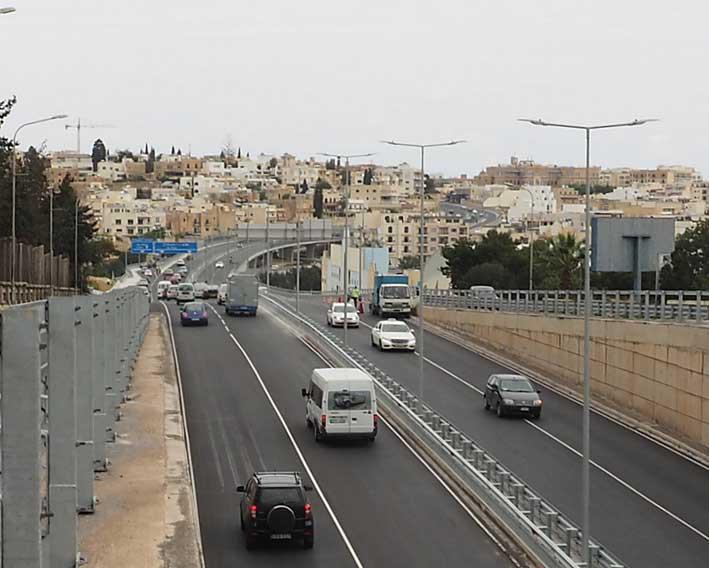
Large infrastructural projects and the creation of the roads agency
The completion of work on the Kappara Junction raised the bar in the way large infrastructural projects are handled in this country, with the authorities involved rightly praised for their planning of the project. The commencement of work on the Marsa Junction, along with a €700m investment in the road network and the creation of a Roads Agency, means that the government has begun to address the serious infrastructural issues caused by an ever-growing population.
Sliema and St Julian’s remain areas of concern, with the government seemingly ignoring the infrastructural deficit in the towns and surrounding communities, despite the massive development taking place to house the multitude of foreigners and foreign companies that have facilitated the economic boom.
Traffic congestion still has to be properly addressed, but the free school transport system – which will be in place by the start of the next scholastic year – could see significant improvements.

Gender equality and social inclusion
Gender equality has been at the forefront of Muscat’s government. The ‘free childcare for all’ initiative is a milestone that has led to increased female participation in the workforce and, on a party level, the LEAD initiative is a step in the right direction. The discussion on gender quotas, while certainly controversial, is indicative of the measures this government is willing to take to ensure greater female participation in the future.
In the face of a rising number of shocking domestic violence cases making the news, Minister Helena Dalli has also has also spearheaded legislation to curb gender-based violence, while the introduction of laws on revenge porn should be praised. However, Cyrus Engerer’s continued presence on the European stage, despite his own conviction for such an act, places serious questions on the belief the government has in its own policies.
The construction of 10 community residential homes for people with disability, along with policies designed to increase possibilities of employment for them, is also evidence of the importance of social inclusion on the government’s agenda.
An immigration action plan has also been launched, but has yet to come to fruition.
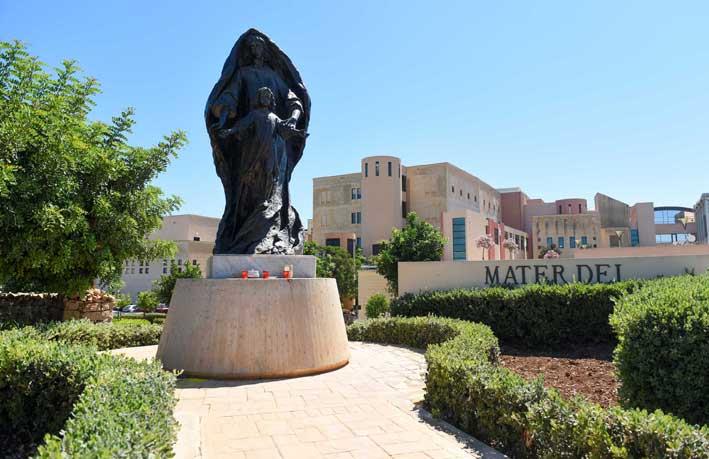
Mater Dei Hospital
Mater Dei Hospital, which was plagued by mismanagement prior to 2013, has undergone a revolution under Muscat’s administration. Out-of-stock medication and excessively long waiting times have become a thing of the past, while the introduction of specialised facilities in the Anthony Mamo Oncology Centre, the Diabetic Foot Clinics and the introduction of IVF services have improved the overall capabilities of the state hospital.
The Patient’s Charter, along with the launch of national strategies for health, cancer, diabetes, obesity, communicable diseases and breastfeeding, is indicative of the government’s long-term vision for the state health-care system. A mental health strategy is also being prepared.
The condition of Mount Carmel Hospital remains a concern, especially after the suicide of one of its patients. However, Deputy Prime Minister Chris Fearne has announced that the facility will benefit from significant investment over the next few years.
THE BLACK
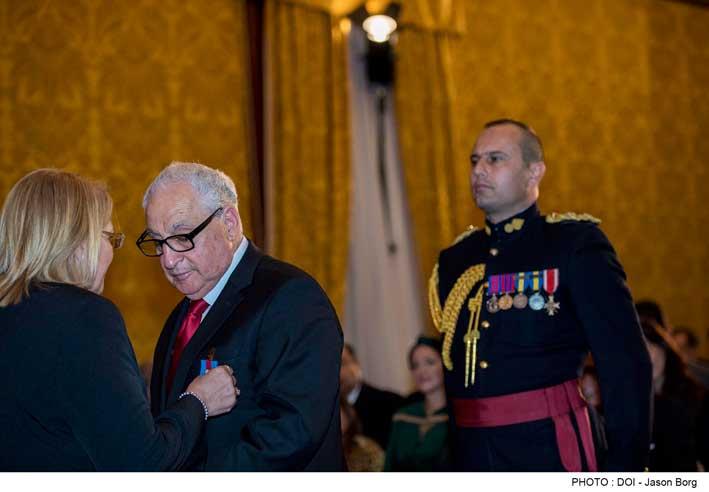
Accountability, Meritocracy and Transparency
‘Accountability, Meritocracy and Transparency’ was the cornerstone of Muscat’s successful campaign in 2013 but it would seem that, since his accession, these three founding principles have been forgotten. With clientelism, dubious appointments and the millions being spent on direct orders becoming the norm, it would appears that the change that was offered – and desperately needed – after 25 years of PN administrations will never be realised.
The situation has been further exacerbated by the revelations that the government employed or promoted hundreds of individuals during the election campaign.
Notwithstanding the lack of resignations from senior government officials including Tourism Minister Konrad Mizzi and the PM’s Chief of Staff Keith Schembri, the concept of accountability has gone down the drain with individuals such as Joe Debono Grech controversially receiving a Gieh ir-Reppublika, despite threatening Marlene Farrugia in Parliament.
The IIP ‘cash-for-passports’ scheme, while generating significant funds, has also given rise to criticism for the lack of transparency employed by Identity Malta, with a citizens list failing to make a distinction between those who purchased citizenship and those who acquired it naturally. This lack of transparency, coupled with allegations that Malta’s tax system is facilitating money-laundering, led to the BBC’s James Sweeney labelling Muscat ‘The Artful Dodger of Europe’ during an infamous interview on the station’s programme Newsnight.
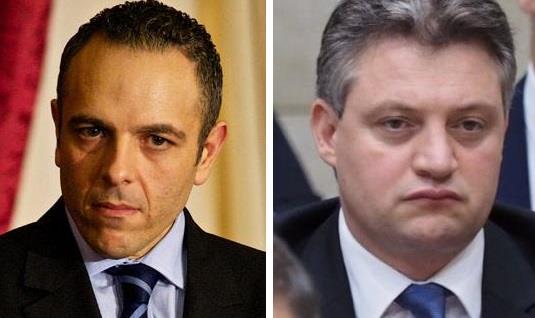
Pilatus/Egrant/Panama Papers/FIAU
It has been almost two years since the initial revelations that Konrad Mizzi and Keith Schembri held offshore accounts in Panama, and yet the two men remain in prominent government positions despite the publication of damning FIAU reports into alleged money-laundering, the sale of citizenship, the sale of Enemalta, the purchase of the Delimara power station’s LNG tanker, and Pilatus Bank.
The FIAU would later claim no wrong-doing following the resignations of Manfred Galdes and Jonathan Ferris, with the former facing a gag order over the information he possesses while seemingly being refused whistleblower status and around-the-clock police protection.
The image of the Pilatus chairman leaving the bank’s offices after the initial allegations by Daphne Caruana Galizia and Maria Efimova that Michelle Muscat is, in fact, the owner of the infamous Egrant account, will remain in the public consciousness for years to come; with the implications failing to go away despite Brian Tonna’s assertion that he is the UBO of the account.
These issues culminated with the death of Caruana Galizia, and while not expressly related, the assassinated journalist’s articles were re-examined and provoked a stern response from the EU, with a rule of law debate taking place in the European Parliament, followed by a scathing report into the matter.
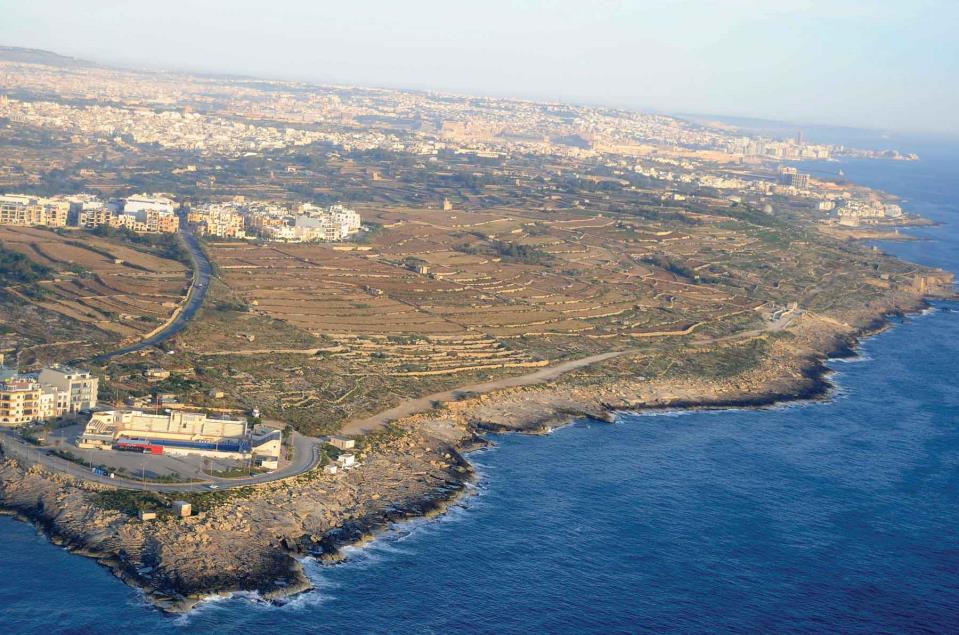
The environment
The environment has experienced further destruction under this administration. Begun by dubious legislation implemented by PN governments, the PL government’s change to the rural policy has allowed a significant increase in the development of ODZ land. The de-merger of MEPA has also been a resounding failure, with 70 per cent of the Environment and Resources Authority’s requests being rejected.
Rampant land speculation has also plagued the country, as evidenced by the 17,000 square metre Zonqor fiasco with the 17-student-strong American University of Malta.
On the other hand, over-development has begun to suffocate communities, with the only attempt at a long-term vision, the Paceville Masterplan, seemingly benefitting developers rather than the area. The Sliema, St Julian’s and Gzira area already has two tower blocks approved and a further 15 high-rise development applications are awaiting approval.
Hunting remains an area where the government seems to have little interest in providing sufficient enforcement, with the Ornis Committee seemingly working for the benefit of the hunting lobby. The issue of trapping has also attracted the wrath of the European Commission, which has initiated infringement procedures against Malta.
With regard to fishing, sea-slime has consistently appeared on our shores, with fish farm operators habitually infringing their PA permits with apparent impunity as far as the Ministry is concerned.
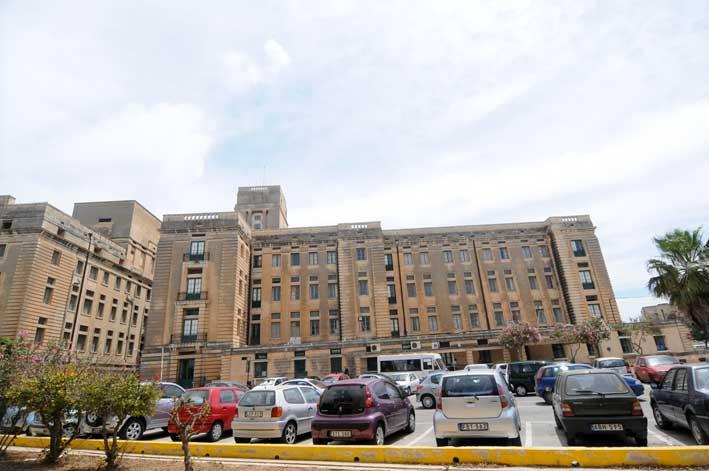
VGH
In 2016, the government made headlines after it was revealed that a 30-year-concession for the management of three state hospitals and the construction of a medical school had been awarded to a previously unknown company, with no track record in the medical sector, Vitals Global Healthcare (VGH).
The deal with VGH was mired in controversy due to its complicated legal structure, with the layers of companies being set up creating difficulty in discovering the names of the individuals behind the deal.
Just under two years after the concession agreement was made, it was revealed that VGH had sold off its concession to Boston-based American healthcare provider Steward Healthcare, after facing increasing financial difficulties. The government seems intent on refusing to shoulder any form of political responsibility, ridiculously praising the latest agreement as the ‘real deal’, making the general public question what exactly the deal with VGH was intended to be.
The Medical Association of Malta announced it would organise a protest after the second deal was announced, but it would appear that the Ministry for Health and the MAM are close to reaching an amicable solution.
The Leader of the Opposition Adrian Delia has also lodged a court application to stop the sale.
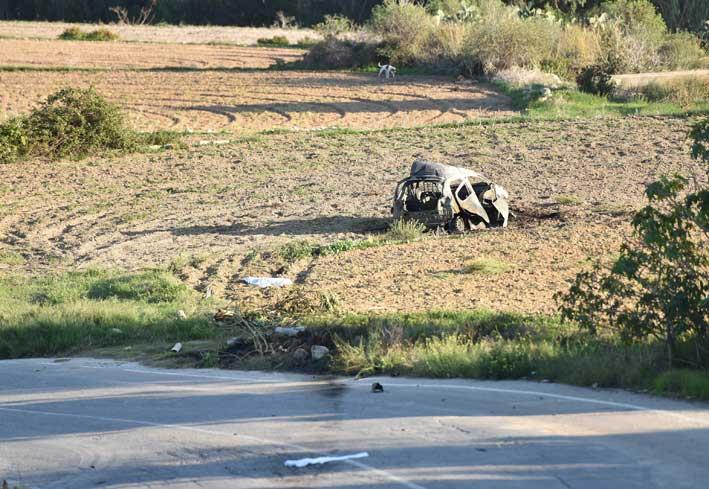
Gangland warfare: Car bombs and shootings
Both past and present administrations have continuously ignored the Mafia-style gang warfare that has been pervasive in this country for the better part of 20 years. This came to a grinding halt when journalist Daphne Caruana Galizia was assassinated by a car bomb, the sixth of its kind in under two years (a seventh bomb was found undetonated in Fgura).
Unfortunately, little concern was given to the murdered individuals due to their criminal pasts, creating a landscape which allowed the death of a citizen guilty of using her pen, which posed serious questions as to what the police and the Ministry for Home Affairs had been doing prior to Daphne’s death.
Two months later, two men were murdered in a drive-by shooting in Naxxar. Similar incidents also occurred in 2013, 2014 and 2015, with no one being brought before the courts.
These incidents have begun to raise concern that organised crime has strengthened its grip on the country.
Fenkatas aside, the fact that this administration has seen five Police Commissioners in less than five years is more than worrying and Chief Justice Silvio Camilleri has also raised concerns over proper law-enforcement in the country in order to safeguard the rule of law.